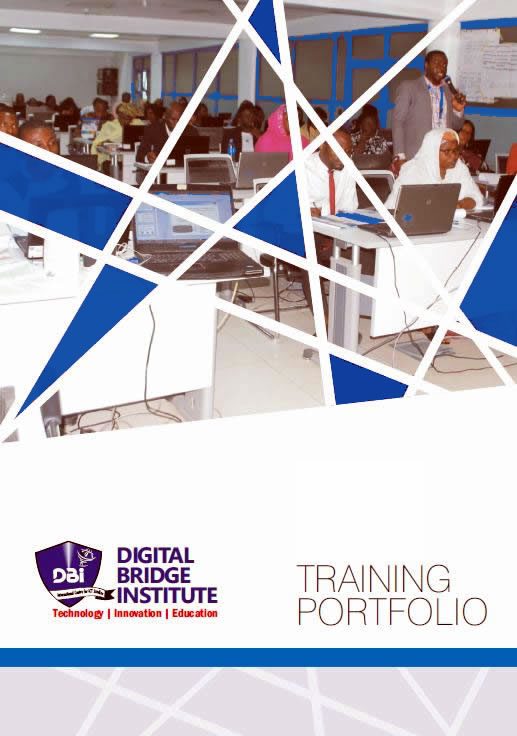Digital Trade and E-Commerce
Menu
Unlock the Future of Global Commerce: Master Digital Trade and E-Commerce!

For more Information and how to enroll, Call us on: +234-816 987 6997
Limited Spaces available. Hurry!
Course Description: The Digital Trade and E-Commerce course offers a comprehensive exploration of how technology is reshaping global trade. It delves into the growing role of digital platforms, payment systems, and regulatory frameworks that enable businesses to operate beyond borders. This course equips learners with the knowledge to navigate the opportunities and challenges presented by digital trade, including legal, financial, and cybersecurity aspects.
Participants will engage with practical tools and case studies that illustrate real-world applications of digital trade strategies. By the end of the course, learners will be capable of designing, implementing, and managing digital trade solutions across different markets.
Upon completion of this course, participants will be able to:
4 weeks (approximately 5 hours per week)
Module 1: Introduction to Digital Trade
Key Activities: Case study on successful digital trade platforms.
Module 2: Digital Platforms and Marketplaces
Key Activities: Comparative analysis of leading e-commerce platforms.
Module 3: Cross-Border Regulations and Standards
Key Activities: Mock trade negotiation incorporating digital elements.
Module 4: Digital Payments and Financial Technologies
Key Activities: Simulation of cross-border transactions using digital payment tools.
Module 5: Cybersecurity and Risk Management
Key Activities: Workshop on creating a cybersecurity plan for a digital business.
Module 6: Emerging Trends in Digital Trade
Key Activities: Group project analyzing a future trend in digital trade.
Module 7: Case Studies in Digital Trade
Key Activities: Presentations on case studies of digital trade success and challenges.
Module 8: Capstone Project
Key Activities: Final presentation and report.
Assessment Methods
#8 P.O.W. Mafemi Crescent, Utako, Abuja – Nigeria.
Campuses: Lagos | Kano | Yola
Get the latest updates and offers from DBI.
© Copyright 2023 Digital Bridge Institute (DBI). All right reserved.
Founded in 2004 as an ICT Training Institute, DBI has grown to become one of Africa’s (ITU) ICT Centre of Excellence.
